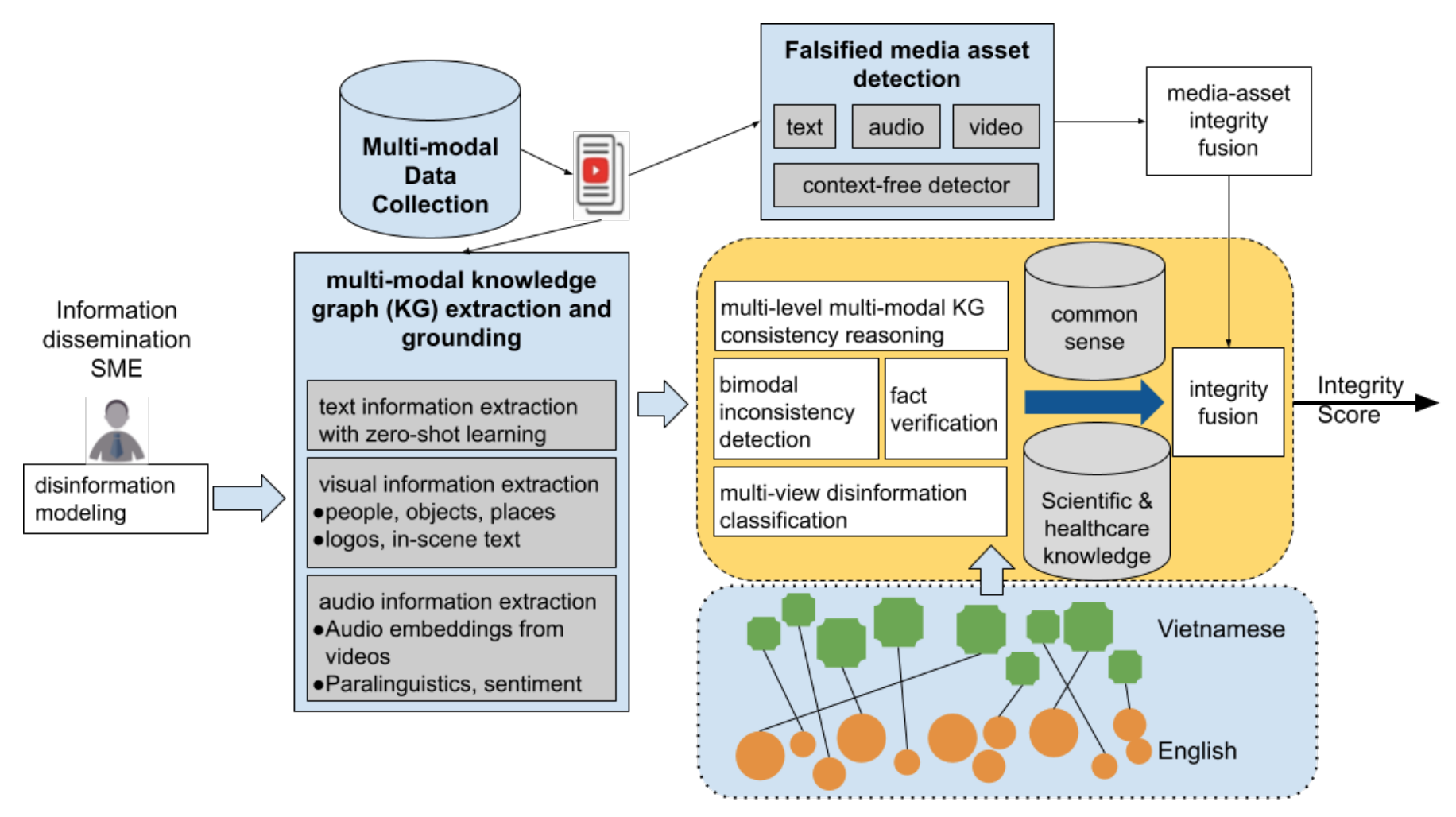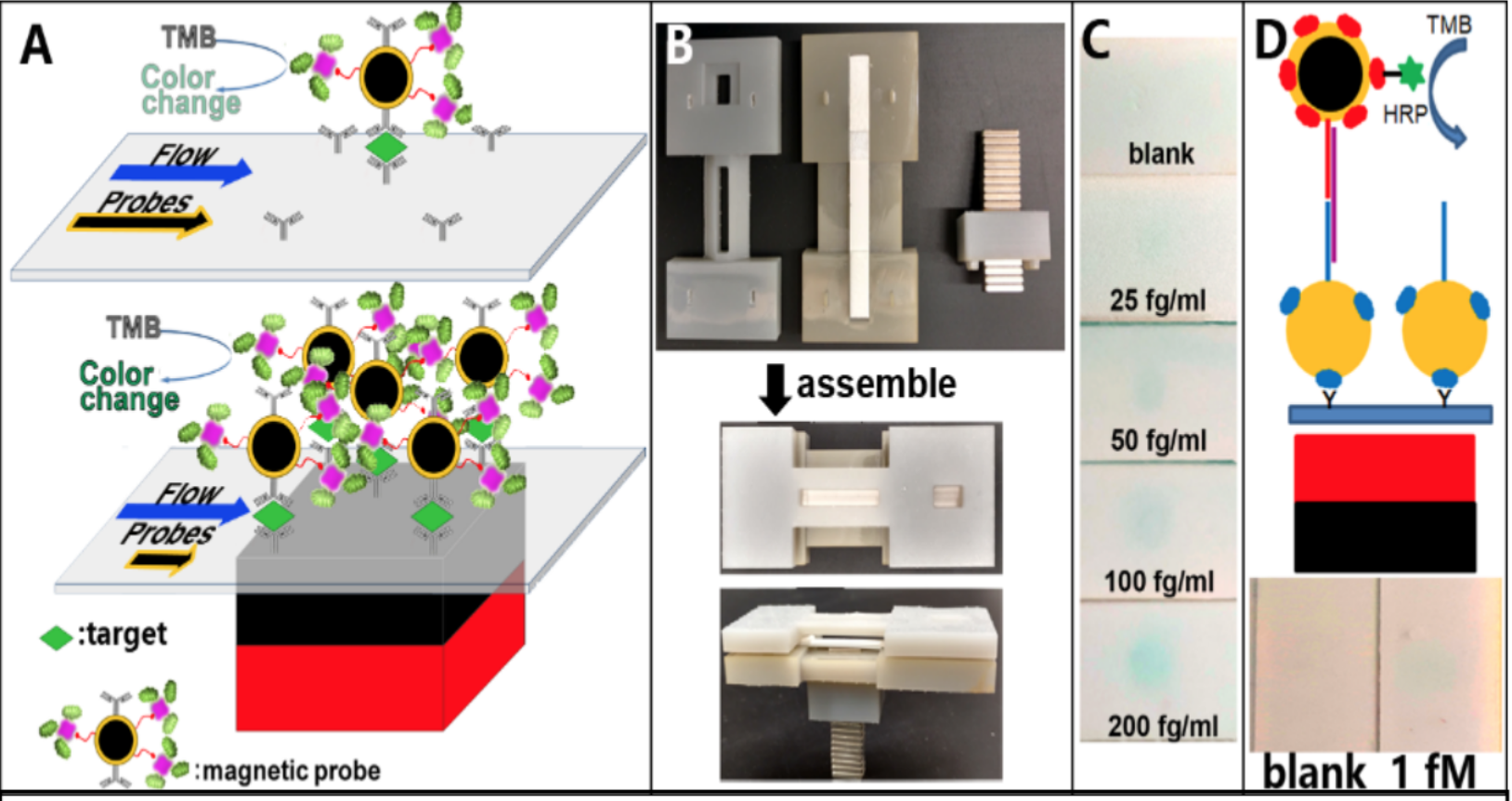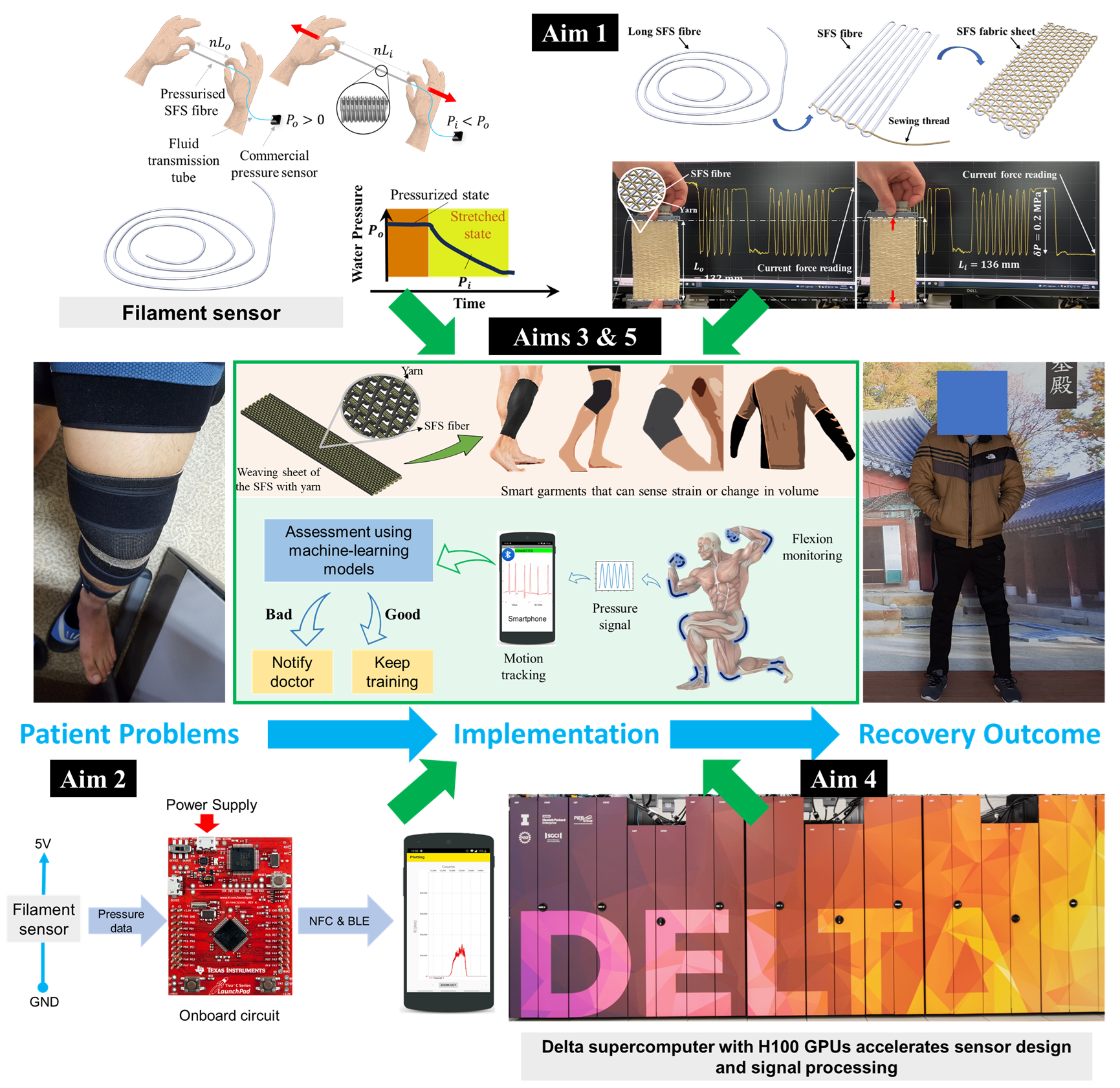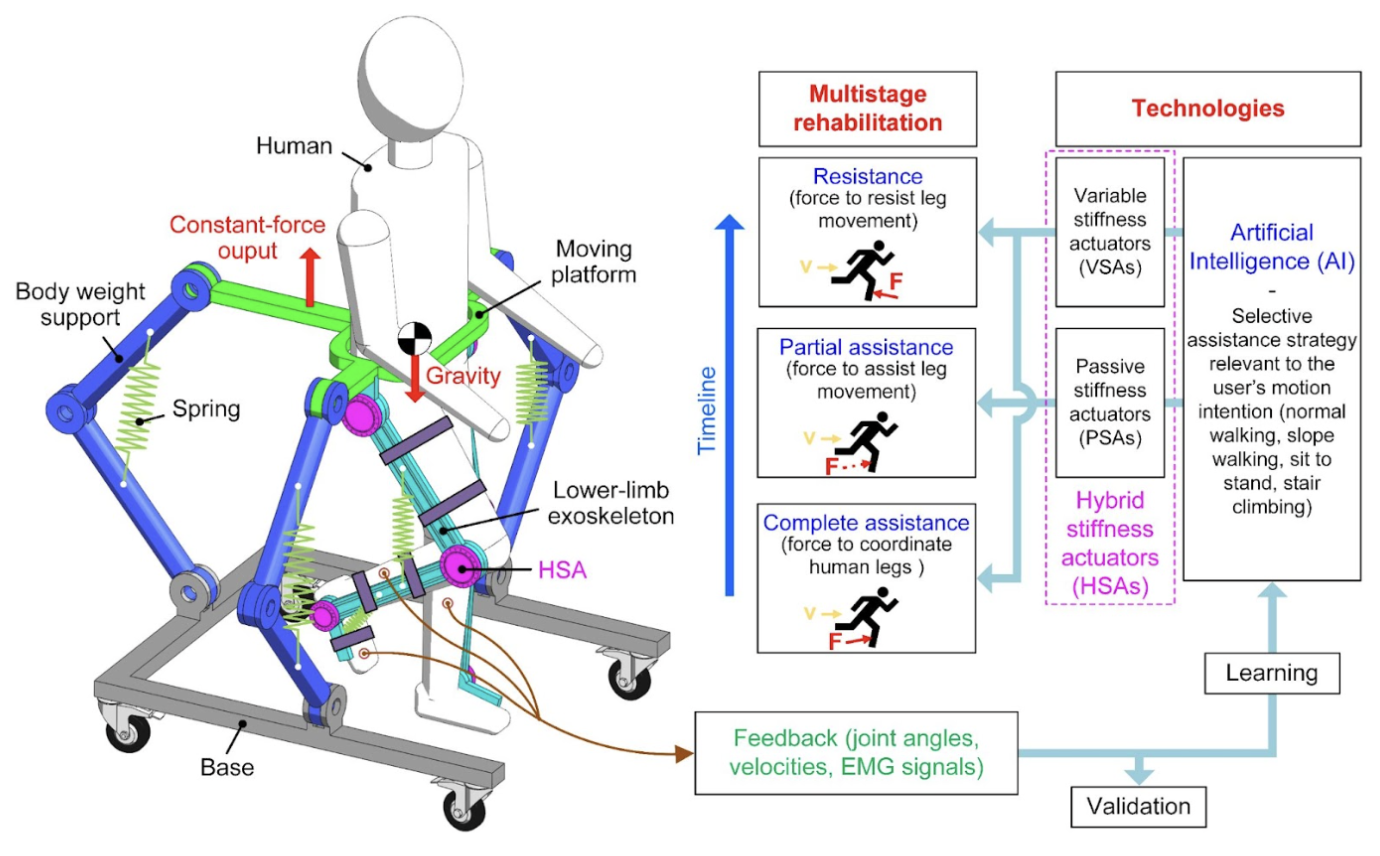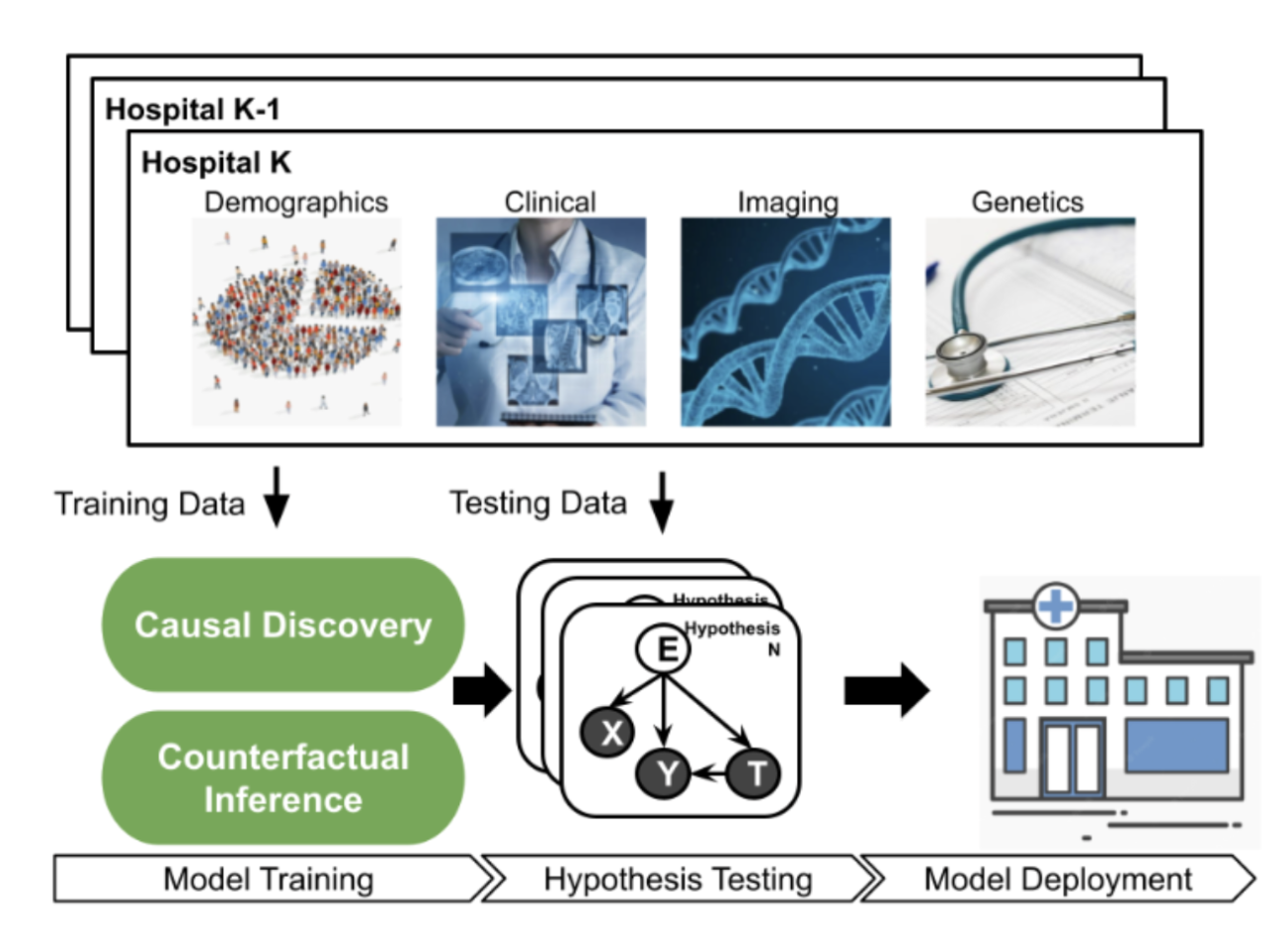
Enhancing Precision Digital Pathology with an AI-powered Platform Accelerated by Supercomputers
Principal Investigators & Key Members:
Ravishankar K Iyer
| Phuong Cao, PhD
| Volodymyr Kindratenko, PhD
| Minh Do
| Pham Huy Hieu, PhD
| Mary Pietrowicz, PhD
| Thai Mai Thanh, PhD
| Hang, Nguyen Thi, MD, MSc
| Tran Trung Dung
| Giang, Bui Van, PhD, MD
| Huynh Dinh Chien, MD, PhD
| Aaron R. Mangold, MD, FAAD
| Lisa A. Boardman, MD
| Karl Kochendorferr, MD, FAAFP
| Duy Hoang
| Huyen Le


